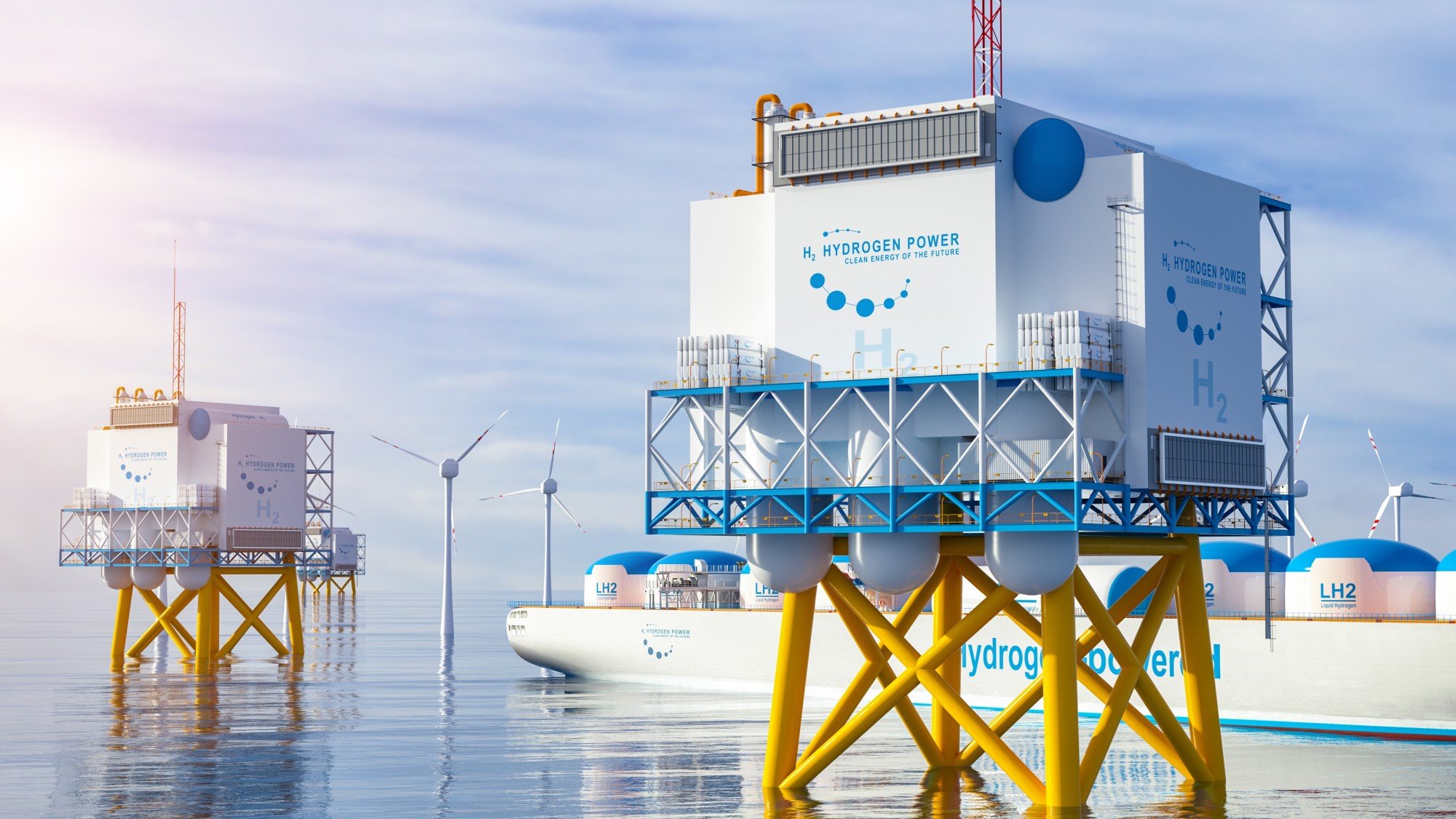There is a US$4 trillion funding gap compared with the US$5 trillion annual investment the world needs to make by 2030 to reach the Paris Agreement’s ambition to contain global warming at 1.5 degrees Celsius by achieving net zero carbon emissions by 2050, the International Renewable Energy Agency estimated last year.
While the global sustainable finance market has grown at least tenfold in the past decade, most of the green investments have been channelled into renewable energy and electric vehicles, according to Ma Jun, chairman of Hong Kong Green Finance Association. Transition finance in China that met international standards amounted to just 1 per cent of green finance transactions in 2023, he said.
“The task for us is to build an ecosystem to enable banks and insurance companies to get into the transition field, not fearing that the transactions will be regarded as transition-washing and also credibly allocate the resources to decarbonisation activities,” Ma said at the Climate Business Forum last month.
Transition finance refers to investment in industries that are emissions intensive, but lack a low or zero-emission alternative manufacturing technology that is economically viable or credible.
Many transition activities – such as the use of hydrogen in shipping and aviation – are not bankable currently because there are too many risks in the nascent and commercially unproven technology, Ma said. They need regulatory support to enhance project returns, he added.

Hong Kong, Singapore, mainland China, Japan and Taiwan have published or are drafting taxonomies of activities that should be supported through transition finance and guidance on standards to enhance transactions’ credibility.
Even so, investors and financiers have different notions about which activities deserve such labels, said Marisa Drew, the London-based chief sustainability officer at Standard Chartered, which unveiled a plan in 2021 to mobilise US$300 billion in sustainable finance by 2030.
“Transition is a lot fuzzier [than green activities],” she said. “It is a lot more dynamic and harder to define, because what might qualify as a transition fuel today would not be appropriate five years from now if we have a technological breakthrough.”
For example, while the bank acknowledges that natural gas, a cleaner-burning fossil fuel than oil and coal, has a role to play in energy transition globally, it will not label financing deals for gas projects as transition finance, she said.

“The reason is that gas in some markets is just furthering fossil-fuel emissions when there are viable and affordable green alternatives, while this is not the case in other markets and it is really important for cutting emissions,” Drew said.
“In Nigeria, which is oil dependent and [where] it is very hard to go straight to scale renewable energy, do we wait a long time for that to happen, or is it better to encourage the energy system to move from oil to efficient gas and realise significant emission cuts in the process?”
Transition finance will remain subjective for quite some time, but that should not stop investors from supporting it, said Kamran Khan, the Singapore-based head of ESG [environment, social, governance] for Asia-Pacific, Middle East and Africa at Deutsche Bank, who has more than 20 years of experience in sustainable financing and investing.
“Returns and quality of investment are in the eyes of the investor,” he said.
While some investors may have the requisite ESG expertise and feel comfortable in making an investment, others might not be, he said.
“This is the nature of non-financial, or ESG considerations in the investment process.”
















